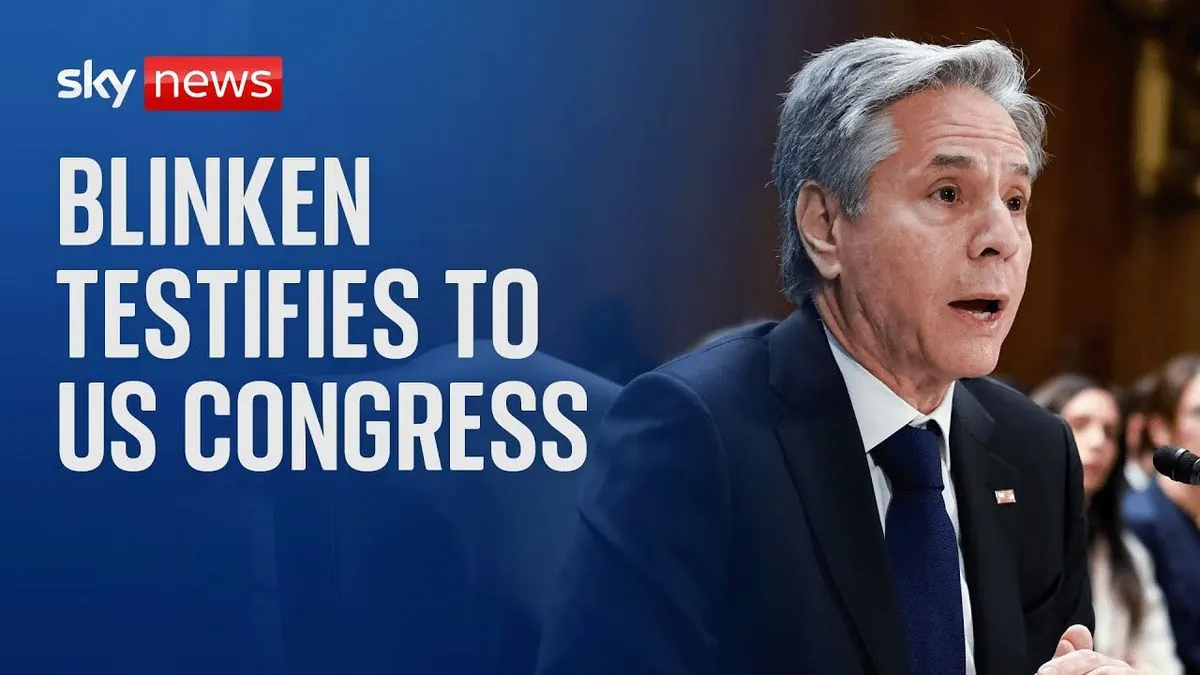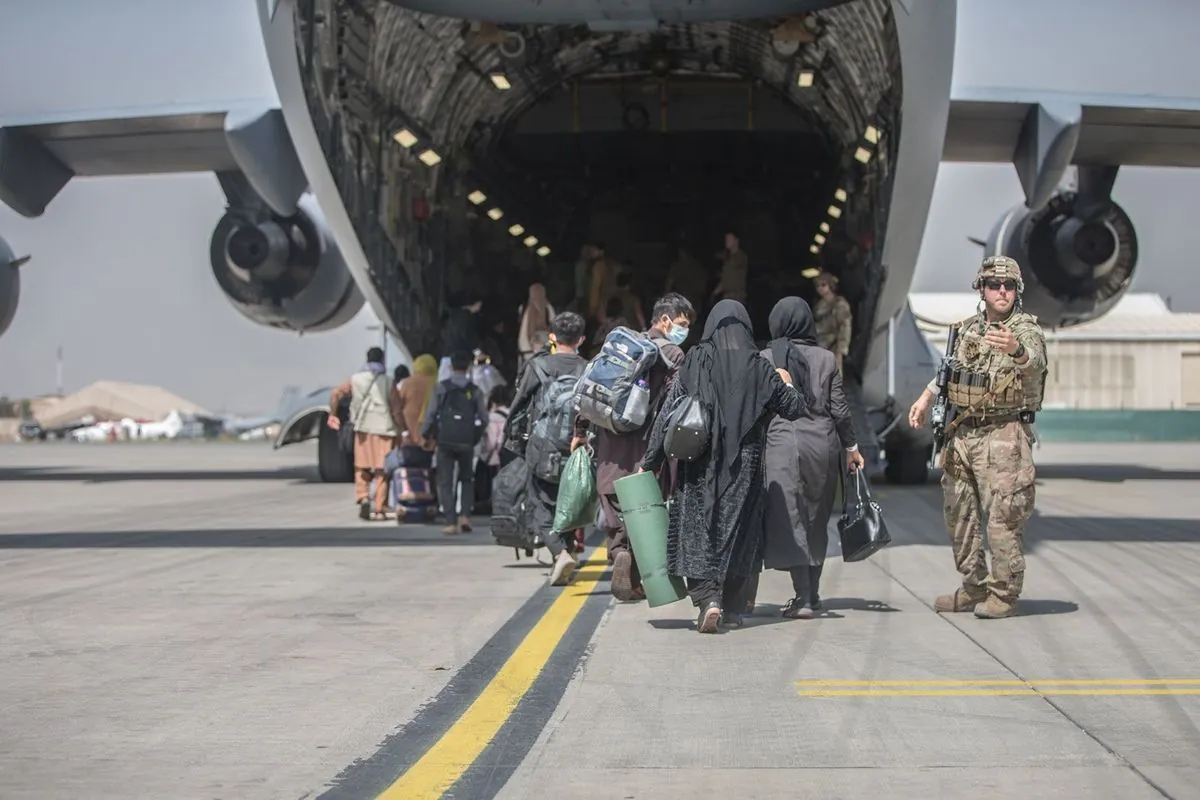House Committee Subpoenas Blinken Over Afghanistan Withdrawal
U.S. House Foreign Affairs Committee issues subpoena for Secretary of State Antony Blinken regarding 2021 Afghanistan withdrawal. Failure to appear may result in contempt of Congress recommendation.

The U.S. House of Representatives Foreign Affairs Committee has issued a subpoena for Antony Blinken, requiring his presence on September 24, 2024, to address the U.S. withdrawal from Afghanistan in 2021. This action comes as part of the committee's ongoing scrutiny of the events surrounding the conclusion of America's longest war.
Blinken, who has been serving as the 71st United States Secretary of State since January 26, 2021, faces potential consequences if he fails to comply with the subpoena. The committee has stated that non-appearance could lead to a recommendation for the House to find the Secretary in contempt of Congress.
The subpoena follows earlier attempts to secure Blinken's testimony. Initially, the committee had proposed September 19, 2024, for his appearance. However, the State Department indicated that the Secretary was unavailable on the suggested dates, offering alternative options instead.

This development underscores the ongoing political discourse surrounding the Afghanistan withdrawal, which concluded on August 31, 2021. The evacuation of Kabul in August 2021 was one of the largest airlifts in history, with over 120,000 people evacuated. The fall of Kabul to the Taliban on August 15, 2021, led to the collapse of the Afghan government, marking a significant turning point in the region's geopolitics.
The House Foreign Affairs Committee, one of 20 standing committees in the U.S. House of Representatives, holds oversight responsibilities for the State Department and foreign policy. This subpoena reflects the committee's role in conducting legislative oversight of executive branch activities, a crucial aspect of the separation of powers in the U.S. government.
As the fourth in line for presidential succession, the Secretary of State plays a pivotal role in implementing U.S. foreign policy decisions. The potential hearing would likely delve into the decision-making process and execution of the withdrawal strategy, which has been subject to significant scrutiny and debate in U.S. politics.
The use of a subpoena, a legal document ordering a person to testify, highlights the seriousness with which the committee views this matter. Should Blinken fail to appear, the committee's threat to recommend a contempt of Congress finding underscores the potential for escalation in this political standoff.
As this situation unfolds, it serves as a reminder of the complex interplay between the legislative and executive branches in matters of foreign policy and national security. The outcome of this subpoena and any subsequent hearings may have far-reaching implications for future congressional oversight of major foreign policy decisions.


































